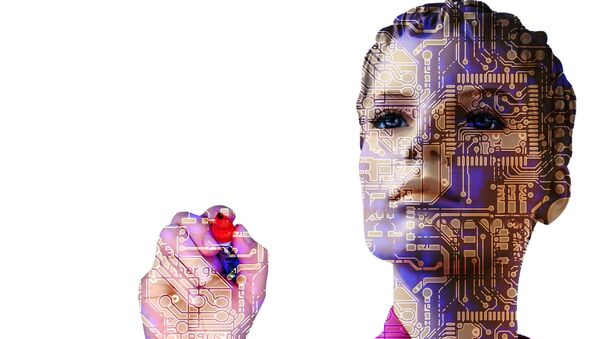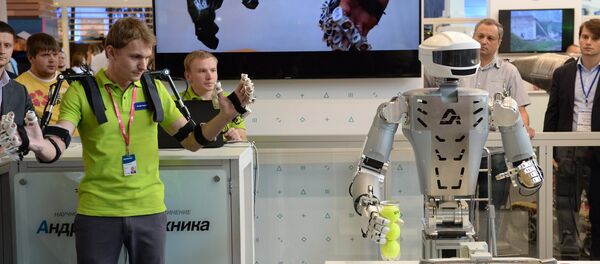Current robot build technology involves materials that are difficult to dispose of, incorporating primarily metal and plastic. Scientists hope that by using new materials, including from food waste, autonomous machines will be able to self-repair and regenerate. Natural materials are also thought to potentially create a more lifelike and natural human appearance.
“While mimicking biological principles does not necessarily lead to the development of optimal systems it is believed that the merging of multiple, diverse technologies will facilitate a transition from traditional (hard-bodied) robots towards a new generation of hybrid systems combining engineering principles such as speed, robustness, accuracy, and endurance with biologically inspired concepts that aim to emulate the 'softer' compliant structure of muscle, bone, tendons and skin to provide robots with the capacity for self-repair, regeneration, redundancy etc,” the IIT website states.
The so-called Smart Materials Group, spearheading the research within the IIT, hopes their work will lead to less use of conventional plastic. Plastics are made from petroleum, a fossil fuel that, when burned or otherwise broken down, is a leading factor in global climate change.
"These biodegradable materials, natural materials, they are very flexible so they can be used for robotic skins. But they can be also very hard so they can be used for internal parts of a robot. And also, in this flexible skin — robotic skin let's say — we can incorporate sensors so they have this tactile sensing that the robots need, but with biodegradable materials," group leader Athanassia Athanassiou explained.
"I believe that the starting point would be to make part of the robot, like the outer part of the robot for example, with this biodegradable material. But, in a few year's time, I find it very feasible that the entire robot could be biodegradable," she said.






